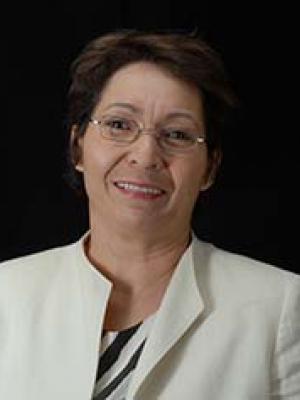We’re Stronger Together
With your help, we can advance education and improve student success in our community.


Professor, Pathology and Human Anatomy, Anatomy Division
With your help, we can advance education and improve student success in our community.